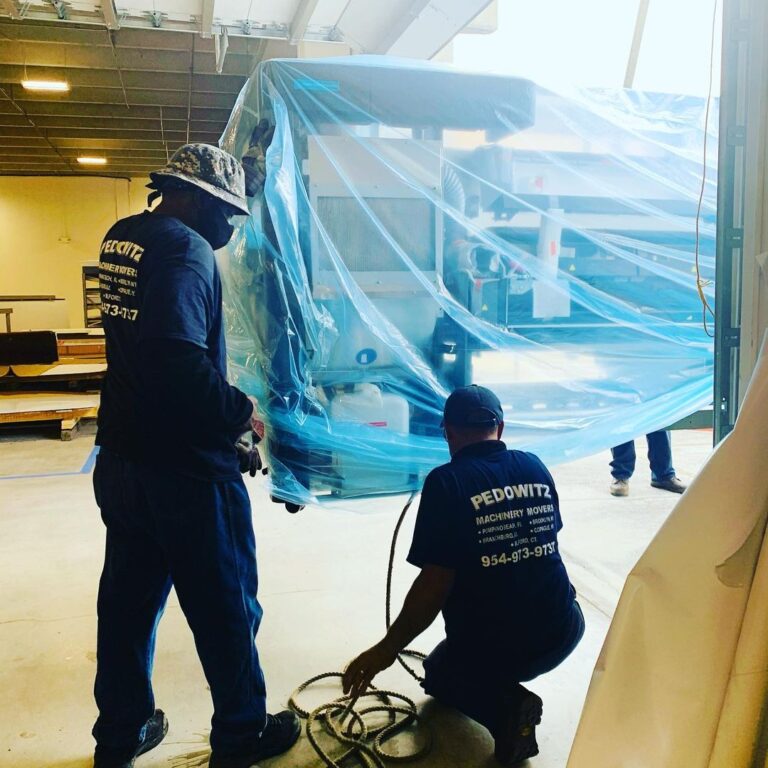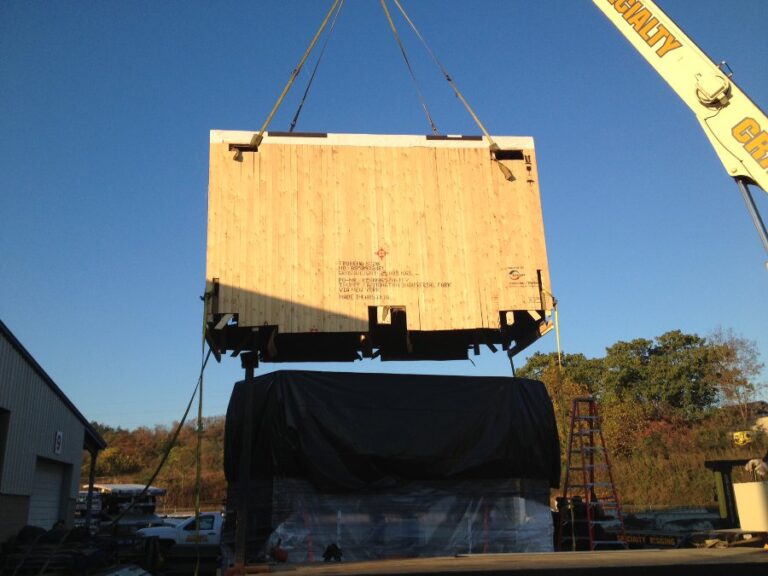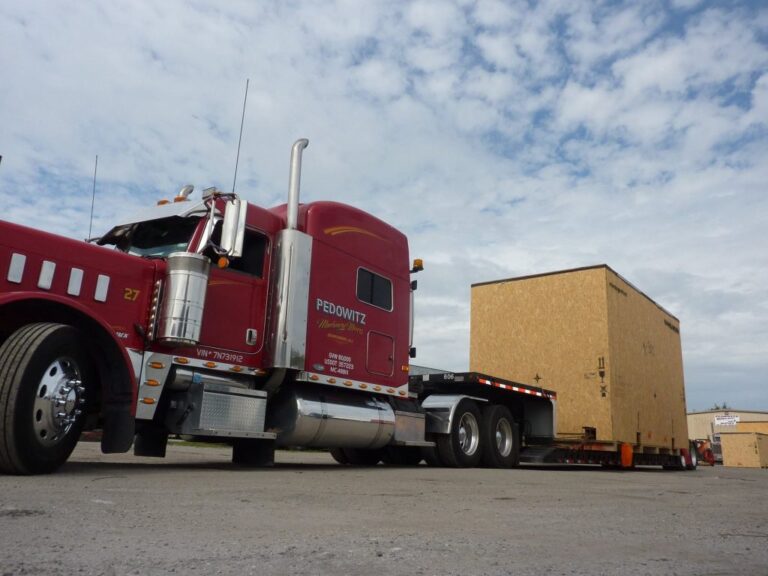INTERMODAL, TRANSLOADING & CONTAINER SHIPPING NJ
Intermodal transport and transloading are both methods of moving goods, but they are distinct concepts with some key differences.
Intermodal transport refers to the use of multiple modes of transportation to move goods from their origin to their destination. Typically, intermodal transport involves using a combination of trucks, trains, and ships or barges to move cargo in standardized containers or trailers that can be easily transferred between different modes of transportation. For example, a container might be loaded onto a truck at a factory, then transferred to a train at a rail yard, and finally loaded onto a ship at a port for overseas transport.
Transloading, on the other hand, refers to the process of transferring goods from one mode of transportation to another at an intermediate point in the journey. This might involve unloading cargo from a truck and loading it onto a train, or vice versa. Transloading can be useful when there are logistical challenges that prevent direct transport by a single mode of transportation. For example, if a factory is located far from a port, it might be more efficient to transport goods by truck to a transloading facility closer to the port, and then transfer them to a ship for overseas transport.
When New Jersey Import Export managers hire Pedowitz Machinery Movers for their port trucking and container shipping needs, they know they can count on the following.
Experience and expertise: Look for a shipping company that has years of experience in container shipping and a proven track record of successful deliveries. They should have a team of knowledgeable experts who can handle any issues that may arise during the shipping process.
Safety and security: Your container should be handled and transported with the utmost care and security. The shipping company should have proper safety measures in place to ensure the container and its contents are protected from damage or theft.
Global network: If you need to ship your container internationally, look for a company with a strong global network. They should have established relationships with shipping ports, customs officials, and other logistics providers around the world.
Flexibility and customization: Every shipping job is unique, so you’ll want a company that can adapt to your specific needs. Look for a shipping company that can offer flexible solutions, such as custom crating, tracking, and delivery options.
Competitive pricing: Shipping costs can quickly add up, so you’ll want to compare prices from different companies to find the best value. However, be cautious of companies that offer low prices but cut corners on safety or quality.
Customer service: Finally, look for a shipping company that values customer service. They should have a responsive and knowledgeable customer service team that can answer your questions and provide updates on your shipment throughout the process.
Remember, Intermodal transport involves using multiple modes of transportation to move goods from origin to destination, while transloading refers to the process of transferring goods between modes of transportation at an intermediate point in the journey.



